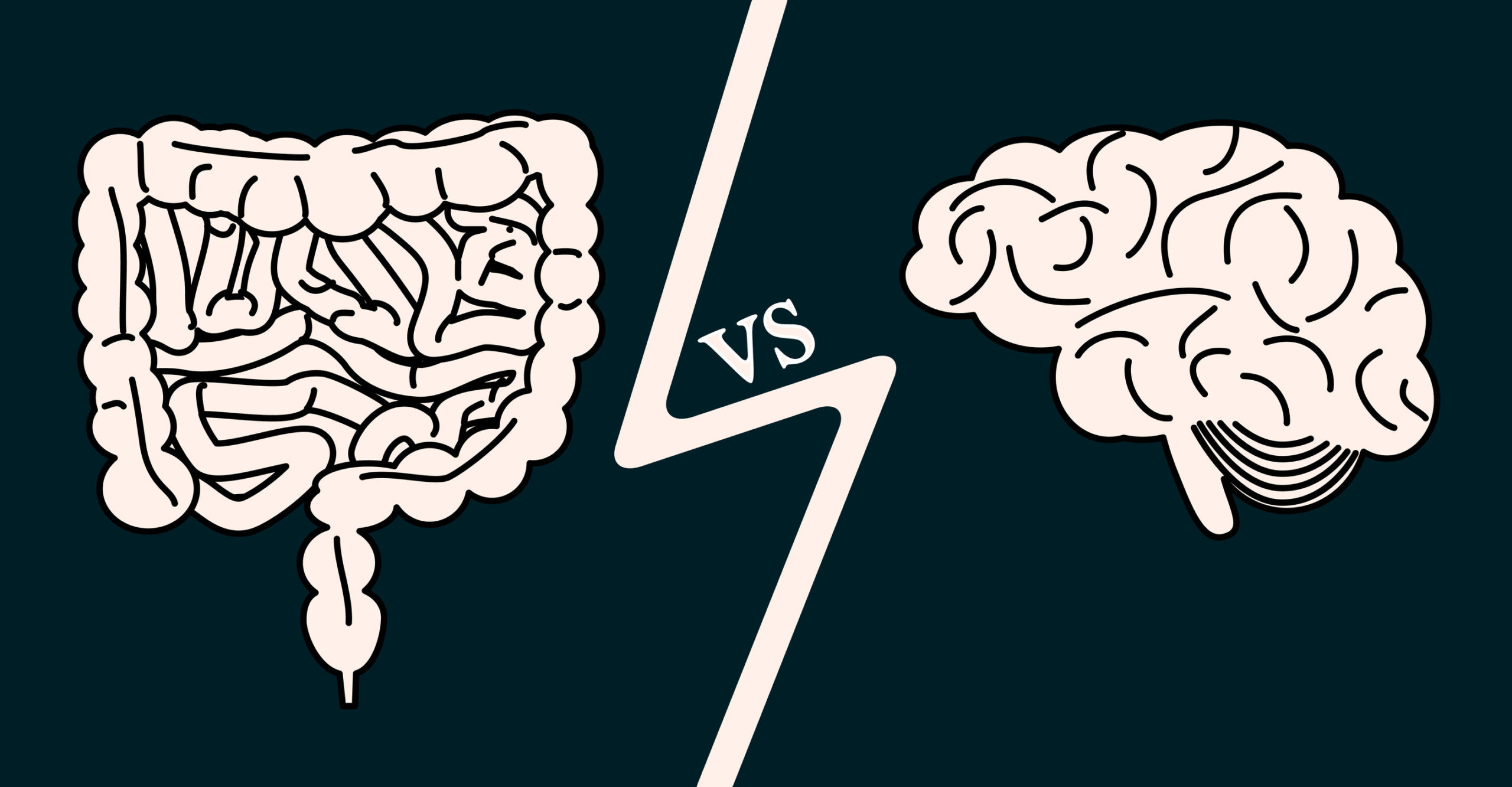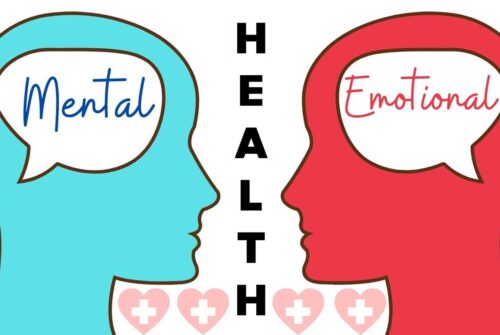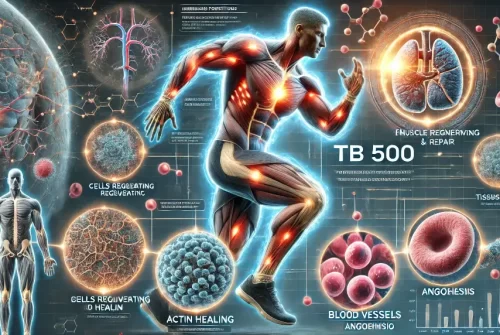
The two-way connection between our brain and stomach is regularly referred to as the Pet Cerebral Association or Pet Mind Hub. The Visceral Sensory System (ENS) is an abnormally complex nervous system that appears throughout the covering of the abdomen and communicates with the mind through the vagus nerve as a whole. An irreversible example of this correspondence is determined by the scene or possible smell of the dinner. The parasympathetic sensory system (part of the focal sensory system) transmits messages to the ENS, leading to the arrival of abdominal emissions in both the mouth and stomach. These signals also plan the middle region muscles for peristalsis to move food through the intestines. On the other hand, when you are full from dinner, the stomach sends a message to the brain to make your body slow to relax to coordinate for energy processing. Sadly this flagging framework is sometimes confusing.
As researchers further explore the relationship between the stomach and the cerebrum, it is clear that the diversity and wealth of specific microbial populations living in the gastrointestinal (GI) sacs can have a massive impact on gut health and mobility. Is. Mind. In addition to these pathways, the more precise title for the specifics of gut mind correspondence is “microbiome-gut cerebrum hub”.
Microbiota affect the brain.
The unfortunate or unbalanced gut microbiome (this condition is called “dysbiosis”) can lead to specific problems in the brain and changes in behaviour, mood and cognition. Strong evidence for such a relationship was distributed almost 30 years ago when it was observed that the course of oral anti-toxins in patients with hepatic encephalopathy brought psychological improvement. Hepatic encephalopathy is characterized by neuropsychiatric disorders in which toxins penetrate the stomach. When anti-infective agents terminate abdominal dysbiosis, rapid changes in neurological effects long ago show an essential relationship between the changing microbial population of GI and brain function. Since then, information has been collected that the association between the possible role of the microbiota in influencing stress and depression practices and the severity and psychological imbalance of dysbiosis is surprising. General mental health is somewhat dependent on macrobiotics in the gut, and zoological studies suggest that social development requires a certain level of well-being and balance in the GI microbiome.
The devices of these connections are still being explained by research. What is known is that the stomach produces 90% of the serotonin in the body, which promotes the feeling of well-being. Microbes that live in the GI, along with other signalling molecules (such as dopamine, glutamine and GABA), can stimulate the intestinal secretion of serotonin and initiate their receptors. The brains of organisms explored with an adjusted or missing gut microbiota contain various subatomic contrasts, including the cerebral locale, with pronounced changes in the degree of the cerebral neurotrophic factor (BDNF), which is subject to panic and depression. . Because of this evidence, treating dysbiosis and focusing on your microbiome through diet and the use of probiotics and prebiotic fibre supplements are logically powerful ways to help your emotional well-being with your processing.
Affects the brain microbiota
Then, stressors such as anxiety, fear, depression, helplessness, and suffering cause physical changes that adapt to the bacterial population in our gut. Conditions such as Touch Inside Disorder (IBS) or Stress-Acquired Loss can knock out beneficial bacterial species. Since diet gut has the best effect on macrobiotic well-being, eating more unfortunate soothing food sources during stress can exacerbate dysbiotic conditions, destroy disturbed motility, reduce supplement mobilization and surprisingly affect the reaction. After some time, these advances can lead to irregular symptoms and increase stress on our normal stress response to synapses.
When we experience stress, the conscious sensory system responds by engaging with the body’s “extreme stress” mode. As these physical abilities do not apply to self-care or prevention of crisis, it stops signalling, such as assembling, resting or resting. These physical changes are not meant to last long. When the tension settles, the stomach structure is disrupted and side effects such as gas, bloating, malaise, reflux or motility occur. These side effects may partly be due to changes in the microbiome that responds to stress. The chances, even for example, of social loss or reduction in positive variation, have been documented before changes in the species of GI microorganisms that affect synapse mixing.
Broken group
A broken stomach is an alternative story. With the ultimate retention goal, the digestive divider moves as a sifter, allowing water and supplement to travel into the circulatory system through the separator. Toxins and undigested substances are so large that they cannot even be ingested, so they remain in the digestive tract and are bound to leave the body. Often, the opening in the gastrointestinal divider (called the “tight intersection”) relaxes, allowing toxins to enter the circulatory system along with the supplement and water. Abdominal pain can cause side effects throughout the body, including exacerbations and skin problems, disorder and psychiatric problems, and further, improve the actual conditions, for example, diabetes and inflammatory gut infection. This condition can usually occur because some people tend to make more of a synthetic called Jenolan, which is genetically responsible for loosening tight joints. Gluten, however, induces overproduction of zonulin in some people whose stomachs are generally healthy, leading to abdominal distension.
Gluten is not a significant cause of abdominal pain. Some microorganisms induce high zonulin production, and alcohol and refined sugar are also associated with tight intercellular pores. Suppose you think you are suffering from a gut defect. In that case, your primary care physician will probably prescribe a low FODMAP diet, a combination of pre-and probiotics and prevent it from destroying its structure to cure your gut.






